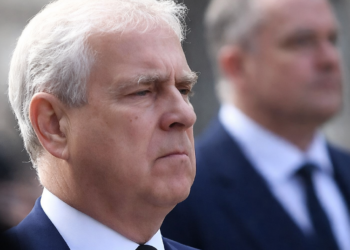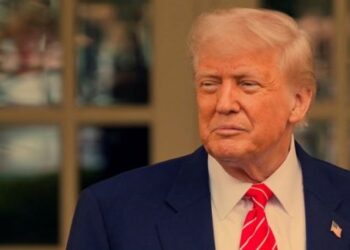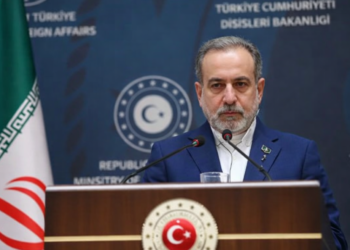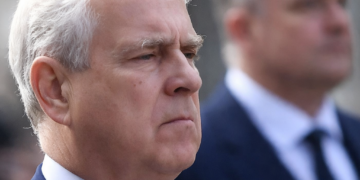The British and the U.S. governments had on Thursday, imposed sanctions on Georgian officials, including the interior minister, over their violent crackdown on pro-European Union protesters who have demonstrated on the streets nightly since Tbilisi suspended EU accession talks until 2028 in November.
According to Britain’s foreign ministry, five officials who were allegedly responsible for violent attacks against journalists and peaceful protesters had been targeted, while the U.S. Treasury Department revealed it had sanctioned the two officials it accused of organising a violent crackdown against protesters, journalists and opposition figures.
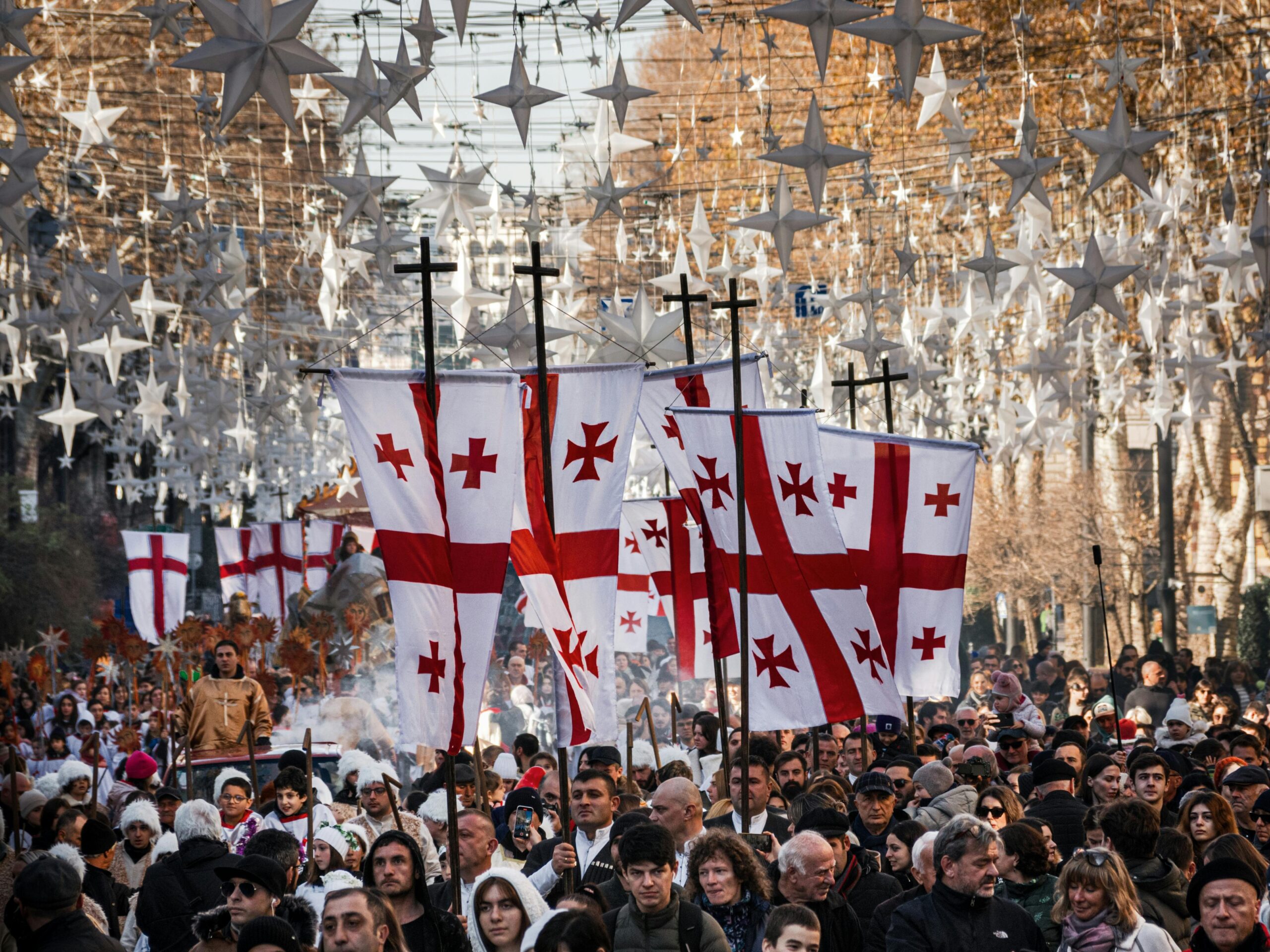
Prior to the upheaval, Georgia had been seen as one of the most democratic and pro-Western countries of the former Soviet Union, but now, critics have said it is moving in an authoritarian and pro-Russian direction.
The ruling Georgian Dream political party has said it wants a democratic and pro-Western Georgia while still maintaining pragmatic ties with neighbouring Russia, which had ruled Georgia for 200 years until 1991.
The suspension of EU accession talks had sparked protests and a crackdown that has seen over 400 people arrested, including high-profile pro-EU opposition leaders and activists. Georgia’s very own ombudsman had when accused police and authorities of extensive brutality.
The government says over 150 police officers were injured in clashes with firework-throwing protesters pursuing a violent revolution.
Among the five officials targeted include Georgia’s interior minister, Vakhtang Gomelauri, and Zviad Khazarishvili, the head of an interior ministry department accused of orchestrating attacks.
Washington had also targeted Gomelauri as well as Mirza Kezevadze, the deputy head of the interior ministry’s Special Task Department.
The move cuts off any of their U.S. assets and bars Americans from dealing with them altogether. This means that individuals who engage in certain activities with the sanctioned officials also risk being penalised if caught.


